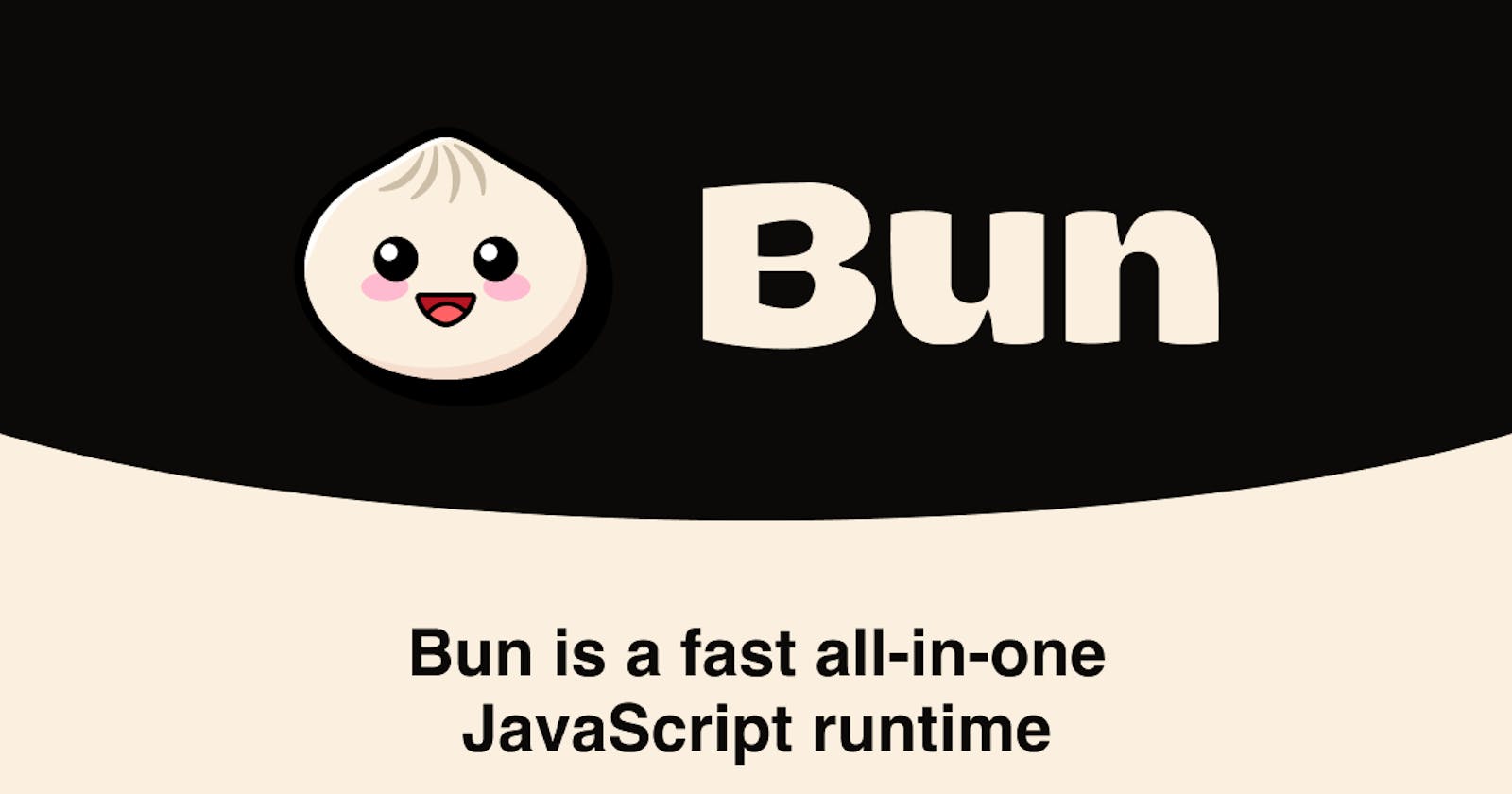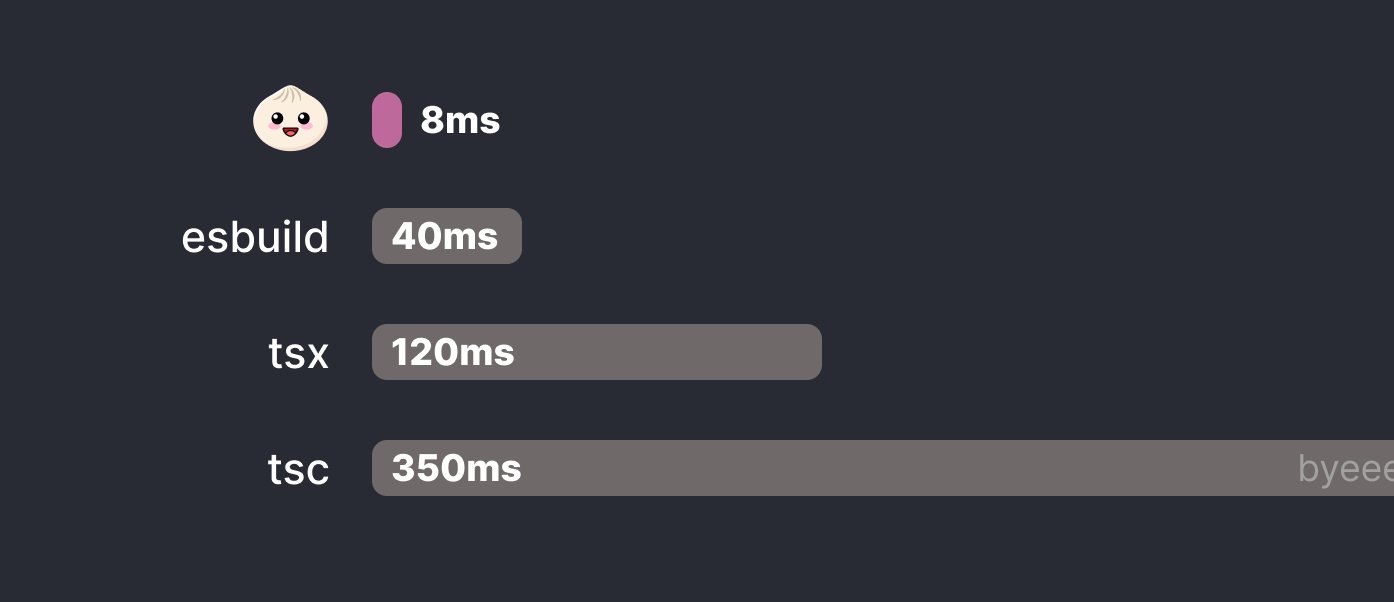What’s all the hype around Bun? Will it replace Node?
JavaScript just got crazy fast!
Last week, Twitter (or rather, X) exploded with memes and tweets about Bun and how Node.js will now go out of fashion soon. And that got me thinking, what's so great about bun, and why is everyone raving about it? Well, here's what you need to know.
What is bun?
Bun is essentially a JavaScript runtime, much like Node.js and deno, but it's exponentially fast - faster than any other JavaScript runtime tool that exists to date. On top of that, it acts as a bundler like Webpack, a package manager like npm, and a test runner like Jest, all in one. And while it's compatible with existing node APIs, it has its set of highly optimized APIs that can help you make superfast and highly optimized server side apps with JS, and we have Jarred Sumner (creator of bun) to thank for that.
The secret behind its speed
We all know that Node and deno both use the Chrome V8 engine under the hood. However, bun uses JavaScriptCore, which is the JS engine used by many apps in macOS, including Safari. The great thing about JavaScriptCore is that it prioritizes faster start times, compared to V8 that mainly focuses on fast execution (the former has 3 optimizing compilers, making it faster but complex while the latter has 2, making it relatively easier but slower).
Another reason it's so fast is that it's implemented in Zig, a general-purpose and statically typed (compiled system) programming language. And with a focus on improving performance bottlenecks and APIs implemented in native code, bun is many times faster, as you can see here (image from Fireship).
Other benefits
Sure, it's superfast, but is that all there is?
Well, not exactly.
Here are some other benefits:
No need to worry about import or require: The shift from commonJS to ES modules in node has left developers annoyed, but with bun, you can just use both in the same file and everything will work just fine.
Great Typescript support right out of the box: You don't need to do any configuration to get started.
Support for hot reloading: You no longer need to install nodemon or any other similar package to recompile your code every time you make some changes.
Package manager: You can use the bun package manager in any node.js project, and it's incredibly fast (more than 20x faster than npm).
Support for jsx and compatible with existing Node.js packages.
Faster and easy-to-use native APIs and free sqlite database built right into the runtime, making it easy to set up a relational database.
This isn't an exhaustive list; there are many other benefits, too. And as more versions are released, I'm sure there will be more benefits.
What will happen to node?
With bun's introduction, the big question is will this make Node a thing of the past?
That's yet to be seen, but I'd say it's more of an alternative for Node rather than a replacement. Not all of bun features are available for Windows yet - only an experimental build is available, which only includes support for the bun runtime.
Plus, we know that the industry is kind of slow when it comes to adopting new things, specially when node works just fine. So we just have to wait and see where this goes.
I'm open to freelance writing gigs in web development (JavaScript/Nodejs) and machine learning. Have an idea for a blog or guide in mind that you want me to write? Email me at nimra1408@gmail.com to discuss it further!


